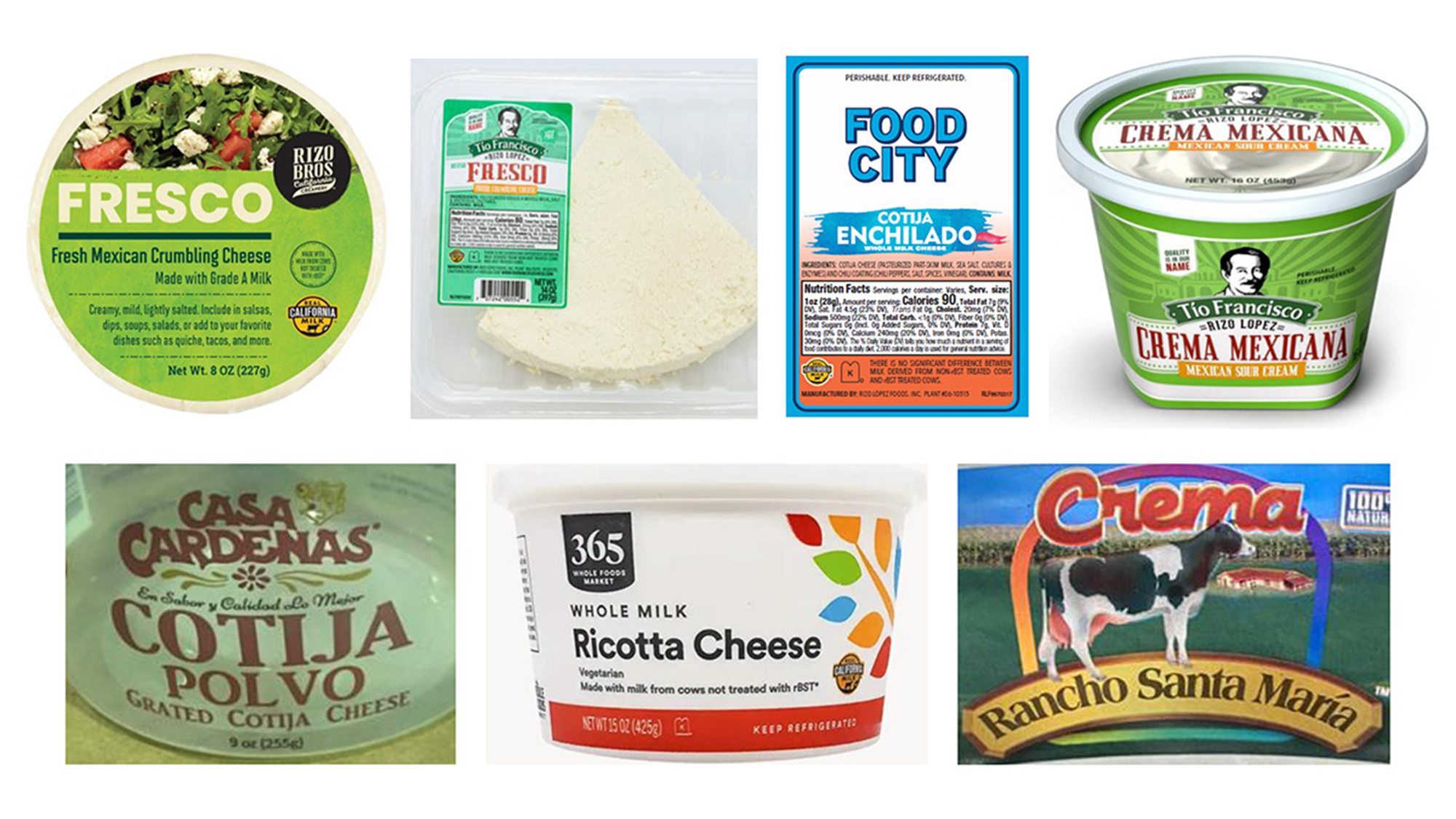The recent listeria outbreak in ramen noodles has raised significant health concerns across the food industry in 2024. As listeria can lead to severe health complications, it is crucial for consumers to stay informed about the risks associated with contaminated food products. This article will provide comprehensive insights into the outbreak, the causes of listeria infection, and what measures can be taken to prevent illness. Understanding these factors is essential for both consumer safety and public health.
In this article, we will delve into the details surrounding the listeria outbreak specifically linked to ramen noodles, discuss the symptoms and risks of listeria infection, and offer guidelines for safe food consumption. With increasing reports of foodborne illnesses, being vigilant and informed is our best defense.
Join us as we explore the timeline of the outbreak, the affected products, and the responses from health authorities. We aim to equip you with the knowledge to protect yourself and your loved ones against potential health threats associated with listeria.
Table of Contents
- What is Listeria?
- Ramen Noodles and Listeria
- Timeline of the Outbreak
- Symptoms of Listeria Infection
- Who is at Risk?
- Preventive Measures
- Government Response
- Conclusion
What is Listeria?
Listeria is a type of bacteria that can cause listeriosis, a serious infection primarily affecting pregnant women, newborns, elderly individuals, and those with weakened immune systems. The bacteria can be found in various foods, especially those that are unpasteurized or improperly handled. Listeriosis can lead to severe complications, including meningitis, septicemia, and even death in extreme cases.
How Listeria Affects the Body
Once ingested, listeria can invade the intestinal lining and spread to the bloodstream, leading to systemic infection. The following points highlight how listeria affects the body:
- Infection can result in flu-like symptoms, including fever, muscle aches, and gastrointestinal issues.
- In pregnant women, listeriosis can result in miscarriage, stillbirth, or severe illness in newborns.
- In immunocompromised individuals, listeria can lead to severe neurological complications.
Ramen Noodles and Listeria
The connection between ramen noodles and listeria is concerning, especially as ramen has become a staple in many diets worldwide. The outbreak in 2024 has been traced back to specific brands and production facilities that failed to adhere to safety regulations.
Sources of Contamination
Ramen noodles can become contaminated through various means, including:
- Cross-contamination during processing.
- Improper storage temperatures.
- Inadequate cooking methods that do not kill the bacteria.
Timeline of the Outbreak
The listeria outbreak in ramen noodles began in early 2024. Below is a summarized timeline of key events related to this outbreak:
- January 2024: Initial reports of illnesses linked to ramen consumption.
- February 2024: Health authorities confirmed the link to contaminated ramen noodles.
- March 2024: Several brands recalled their products due to potential listeria contamination.
- April 2024: Ongoing investigations revealed additional manufacturers implicated in the outbreak.
Symptoms of Listeria Infection
Recognizing the symptoms of listeria infection is crucial for early diagnosis and treatment. Common symptoms include:
- Fever and chills
- Muscle aches
- Nausea or diarrhea
- Headache and confusion
Symptoms can appear within a few days to several weeks after consuming contaminated food, making it essential to seek medical attention if you suspect infection.
Who is at Risk?
Certain groups are at a higher risk of severe listeriosis, including:
- Pregnant women
- Newborns
- Elderly individuals
- People with weakened immune systems (e.g., cancer patients, organ transplant recipients)
Individuals in these categories should exercise particular caution when consuming food products, especially ready-to-eat meals like ramen noodles.
Preventive Measures
To minimize the risk of listeriosis, consumers should follow these preventive measures:
- Cook ramen noodles thoroughly and at the appropriate temperatures.
- Store food products at safe temperatures to prevent bacterial growth.
- Practice good hygiene by washing hands and surfaces frequently.
- Stay informed about product recalls and safety alerts.
Government Response
The government has taken several steps in response to the listeria outbreak, including:
- Issuing recalls for affected ramen noodle brands.
- Providing guidelines for safe food handling and preparation.
- Conducting inspections at manufacturing facilities to ensure compliance with safety standards.
Conclusion
In conclusion, the listeria outbreak in ramen noodles in 2024 serves as a stark reminder of the importance of food safety. Consumers must remain vigilant and informed to protect themselves and their families from foodborne illnesses. If you have any concerns or have experienced symptoms after consuming ramen noodles, it is crucial to consult with a healthcare professional.
We invite you to leave your comments or share this article with others who might find it helpful. Stay safe and informed!
Thank you for reading, and we hope to see you back on our website for more informative articles in the future.
Candace Bergen's Voice: The Iconic Sound Of An American Legend
Ramen Noodle Recall USA: What You Need To Know
Understanding Ramen Infection: Causes, Symptoms, And Treatment


